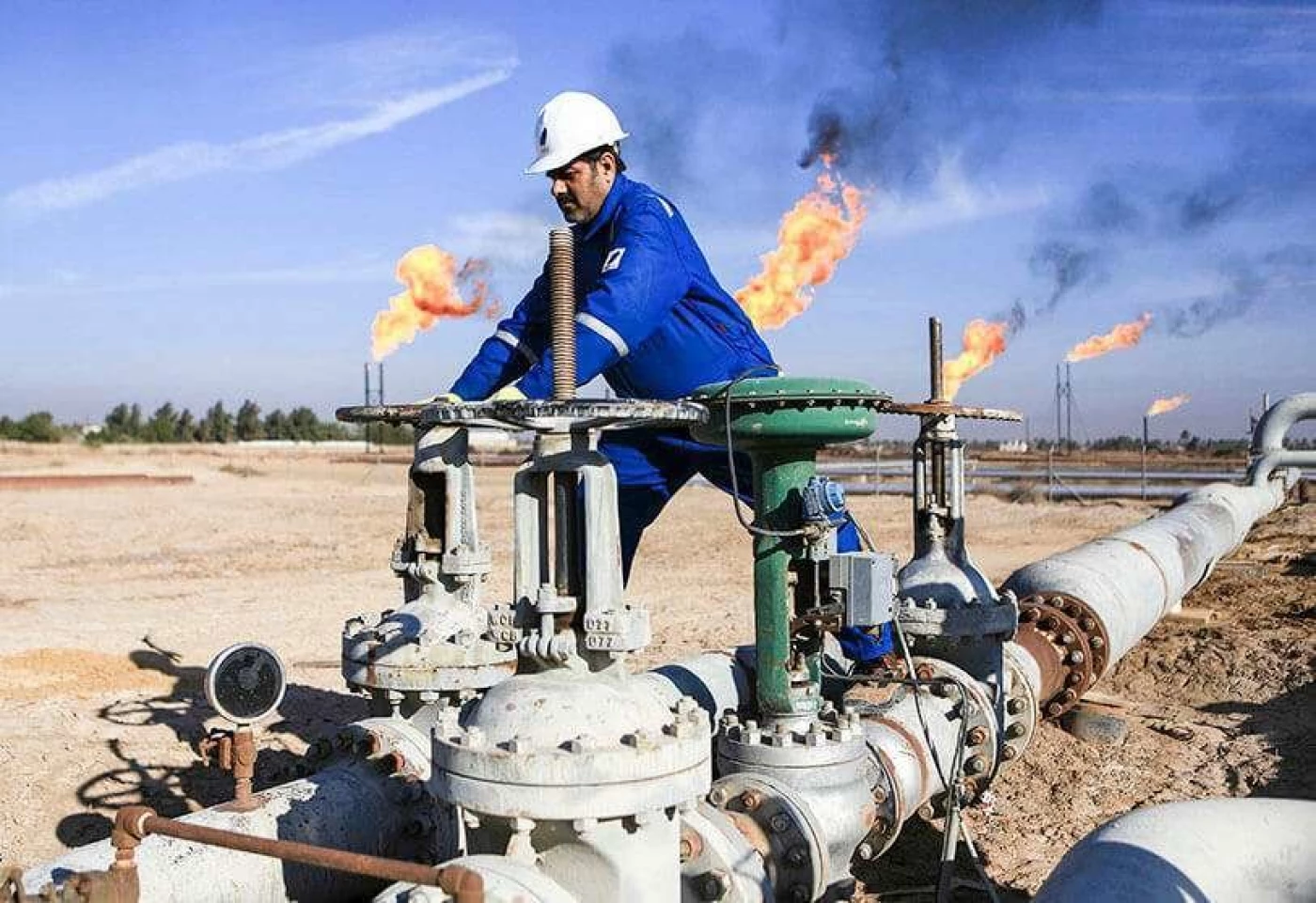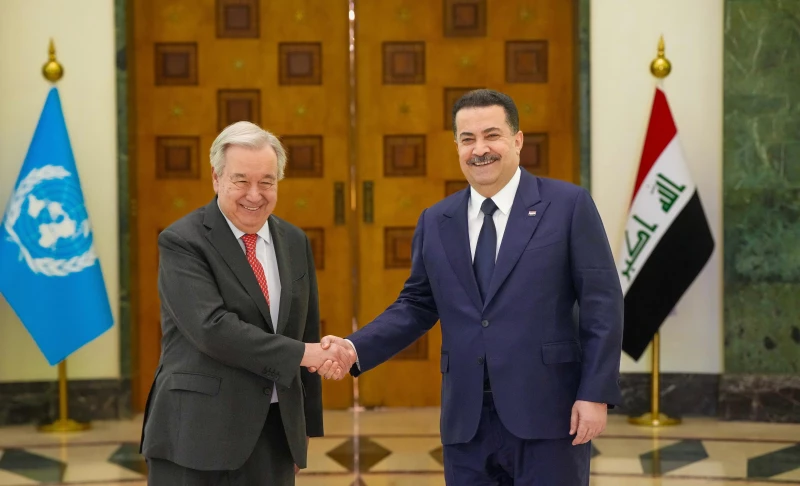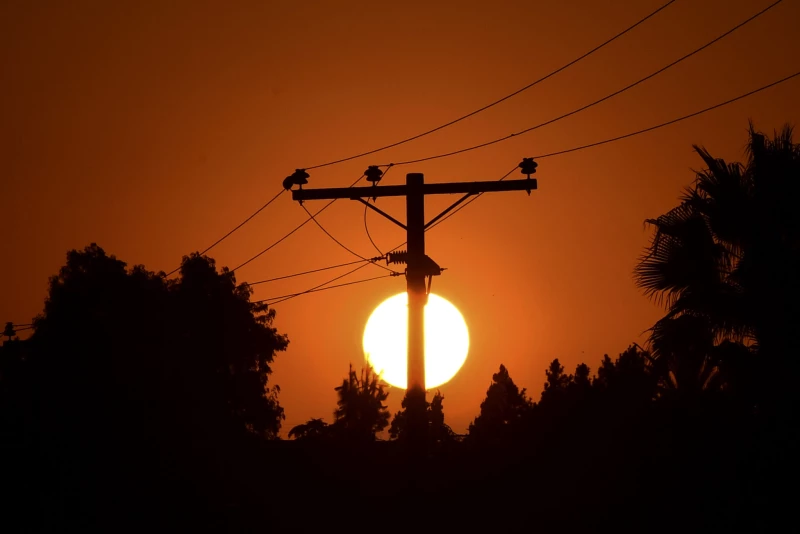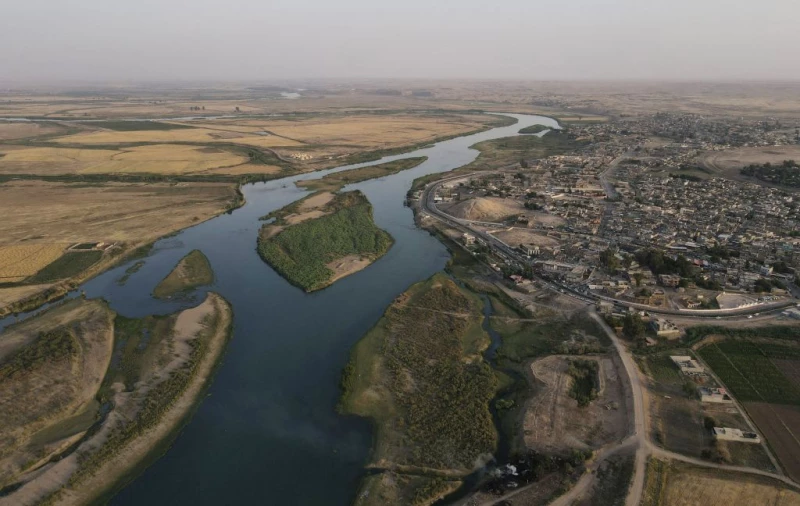After more than thirty years since the proposal of the Basra-Aqaba oil pipeline, the current government, led by the Coordination Framework (an influential bloc of Iran-backed parties in Baghdad), has finally given the project the green light.
The pipeline has been included in the federal budget, guaranteeing Baghdad will cover all associated costs. The decision is not without controversy, raising concerns about the project's economic feasibility and the potential direct or indirect benefits it might provide Israel.
The pipeline has been a source of controversy for years, especially during the tenure of the previous government. The Coordination Framework, including current Prime Minister Mohammed Shia' al-Sudani prior to his appointment, had opposed the project. However, after the Framework assumed control of the government, their position shifted, resulting in the contentious project moving forward.
Oil and economic experts have raised concern, citing its lack of economic and oil-related feasibility. They argue that it is part of a regional strategy to align Iraq with Israel and indirectly normalize relations. Additionally, they have criticized the project's opacity, highlighting the secrecy surrounding its implementation mechanisms and the identities of the companies involved.
The Coordination Framework has defended the project's current position as a strategy to diversify Iraq's oil revenues. They explained that past objections were rooted in concerns over the previous administration under former Prime Minister Mustafa al-Kadhimi, which they believed aimed at normalizing relations with Israel. However, they argue that implementing the project under their supervision will ensure proper monitoring and prevent any oil from reaching Israel.
Oil expert Hamza al-Jawahiri explains, "The inclusion of the Basra-Aqaba pipeline project in Iraq's general budget signifies that Iraq will shoulder the entire financial burden, the specifics of which remain unclear, including the project's timeline."
Al-Jawahiri sees the project as fundamentally flawed, asserting that it offers no economic benefits to Iraq. He argues that the pipeline is a component of the American "Deal of the Century," designed to normalize Israel's relations with Arab countries, thereby implicating Iraq in this broader geopolitical strategy.
"Given the project's scale, estimating its financial cost or completion time is impossible at this stage since it is yet to start."
He continues, "The Basra-Aqaba pipeline offers no benefits to Iraq; instead, Iraq will bear the financial burden. Portions of the oil will be allocated to Jordan and Egypt, with the primary beneficiary being Israel, potentially pushing Iraq toward direct or indirect normalization."
In 2022, Jordanian Minister of Energy and Mineral Resources Saleh Al-Kharabshah said that the ministry was working with Iraqi counterparts to finalize an agreement for extending an oil pipeline from Basra to the port of Aqaba. He noted that only a few legal details remained before the agreement could be signed.
The Jordanian government estimates the project’s implementation cost to be between $7-9 billion, allowing Jordan to purchase 150,000 barrels of oil daily.
Energy expert Haidar Al-Batat warns, "The Basra-Aqaba project presents significant risks and drawbacks for Iraq, offering no economic benefits or financial returns. This project aims to transport Iraqi oil to the Israeli border, carrying political implications that outweigh its economic ones."
He further laments, "The financial and timeline specifics of the project remain uncertain, and the companies involved have yet to be disclosed. Given the political and popular resistance, its feasibility is questionable. The coming days should shed more light on the situation."
The Iraqi Ministry of Oil has outlined the history of negotiations for the Basra-Aqaba oil pipeline project, tracing its journey from 1980 to the present. The ministry stated that despite the advanced stages of negotiations, the project remains under technical and commercial review. The goal is to enhance economic value for both Iraq and Jordan, contingent upon reducing implementation costs to below $9 billion.
During the tripartite summit held in Baghdad in June 2021 between Iraq, Egypt, and Jordan, it was agreed that the Basra-Aqaba oil pipeline would be extended in Jordan to reach Egyptian ports. Here, oil derivatives will be extracted and sent back to Iraq.
This development follows the visit of Egyptian Petroleum Minister Tarek El Molla to Baghdad after Saudi Aramco halted its supply of approximately 700,000 tons of petroleum products to Egypt. This suspension is part of a long-term agreement between Riyadh and Cairo, which has faced challenges over the past two years due to bilateral and regional issues.
A political undertaking
In addition to its economic drawbacks, political researcher Mohammed Ali Al-Hakim notes that the Basra-Aqaba oil pipeline project is politically driven, with Iraq agreeing to it under American pressure. He suggests this may signal the start of Iraq's shift towards a normalization of relations with Israel.
Al-Hakim asserts the ruling classes in Iraq are willing to do whatever it takes to maintain their power and influence. While they opposed the project under the previous government, they have now voted in favor of it and made it mandatory within the Iraqi state’s general budget law.
Al-Hakim foresees significant security and political challenges ahead, stemming from widespread opposition to Iraqi oil reaching Israel. "It's widely understood that the main objective of this project is to supply oil to Israel, which is why Washington pressured Baghdad and offered limited support to the current government in return for its implementation," he notes.
The agreement to establish the pipeline between Iraq and Jordan was finalized in 2019 during Adel Abdul-Mahdi's administration. Designed with a capacity of one million barrels per day, the pipeline aims to transport Iraqi crude oil through Jordan to export terminals on the Red Sea coast in Aqaba.
In 2019, Iraq entered into a renewed agreement with Jordan, resuming the export of oil at a preferential price after a five-year hiatus caused by the war against ISIS. According to the agreement, Iraq committed to exporting 10,000 barrels of oil per day to Jordan.
Rationale
Amid the controversy surrounding the pipeline, Coordination Framework member Aa'id Al-Hilali defends its approval, stating, "The Iraqi government does not undertake any project without conducting an economic feasibility study. This project promises substantial financial benefits, with assurances that Iraqi oil will not reach Israel."
He emphasizes, "The principle of a direct or indirect commercial and economic boycott of Israel remains steadfast, as underscored by the constitution and laws criminalizing normalization. This initiative is entirely economic, designed to diversify the funding sources for the state budget through significant oil projects in the region."
Addressing past opposition to the pipeline, Aa'id Al-Hilali explains, "The initial rejection stemmed from concerns that the project might inadvertently contribute to normalization with Israel. However, the current Iraqi government and its supporting political factions are firmly against normalization and are focused on initiatives that bolster the Iraqi economy."



 Facebook
Facebook
 LinkedIn
LinkedIn
 Telegram
Telegram
 X
X


